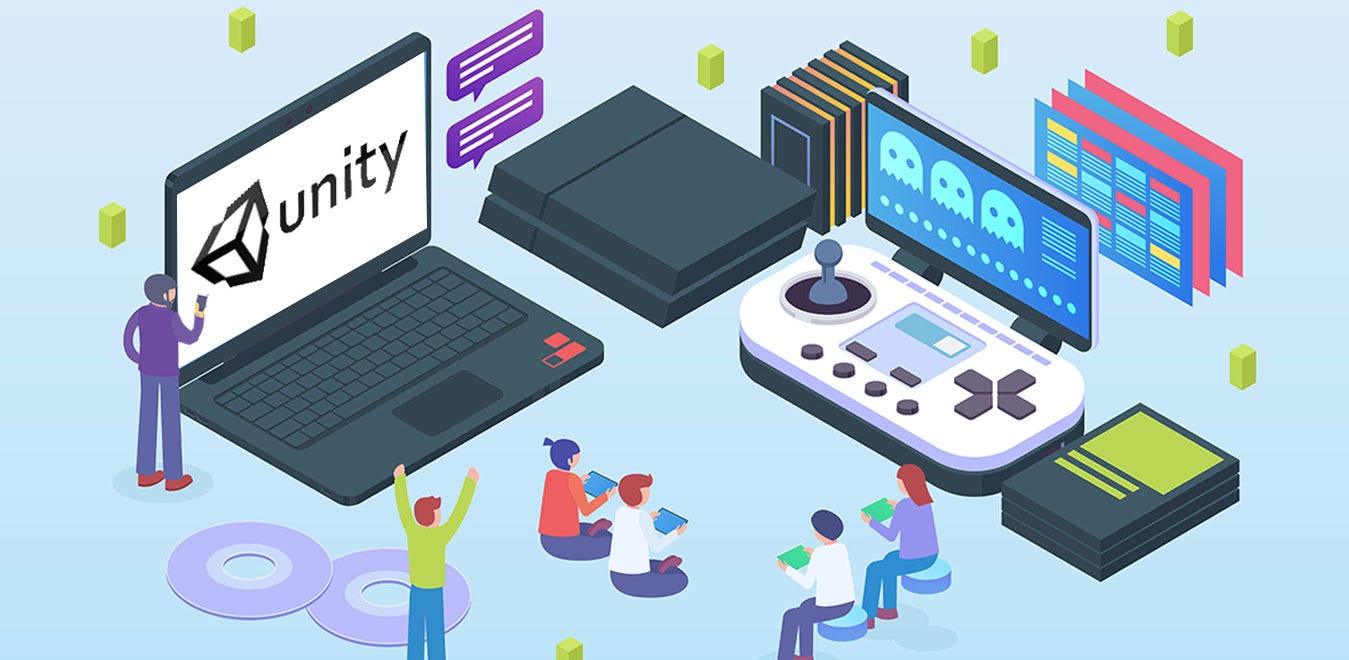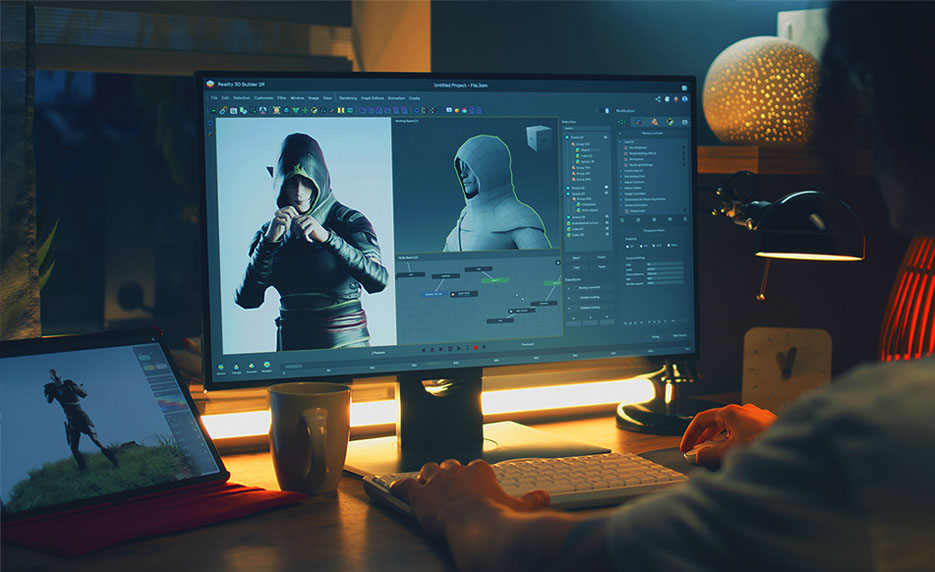Game Development Tutorials: Learning the Basics of Coding, Art, and Design
Game development is an exciting and rewarding field that combines creativity, technology, and storytelling. Whether you're aiming to create a simple mobile game or a complex console title, understanding the basics of coding, art, and design is essential. Here’s a guide to help you navigate the fundamental areas of game development through tutorials and resources.

Getting Started with Coding
Choose Your Programming Language
Different game engines support various programming languages. Here are some popular options:
-
C#: Commonly used with Unity.
-
C++: Widely used in Unreal Engine.
-
JavaScript: Great for web-based games.
Beginner Tutorials
-
Codecademy: Offers interactive coding lessons for languages like Python and JavaScript.
-
Unity Learn: Provides tutorials specifically for Unity, including coding basics and scripting.
-
Udemy: Search for courses on C# or C++ tailored to game development.
Key Concepts to Learn
-
Variables and data types
-
Control structures (if statements, loops)
-
Functions and classes
-
Game loops and event handling
Game Design Fundamentals
Understanding Game Mechanics
Game mechanics are the rules and systems that dictate gameplay. Learning how to create engaging mechanics is crucial.
Tutorials and Resources
-
Gamasutra: Articles and tutorials from industry professionals on various design principles.
-
The Art of Game Design: A Book of Lenses by Jesse Schell: A comprehensive resource on game design concepts and frameworks.
Key Concepts to Learn
-
Game loops and feedback systems
-
Level design and progression
-
User interface (UI) design principles
-
Balancing gameplay (difficulty, rewards)
Art and Animation
Introduction to Game Art
Game art involves creating visual elements, including characters, environments, and animations. Understanding the basics of 2D and 3D art is essential.
Tutorials and Software
-
Adobe Photoshop: Learn 2D art creation through online tutorials on platforms like YouTube.
-
Blender: A free tool for 3D modeling and animation. Look for beginner tutorials on sites like Blender Guru.
-
GameArtAcademy: Offers specific tutorials on game art design.
Key Concepts to Learn
-
2D vs. 3D art creation
-
Sprites, textures, and shaders
-
Basic animation principles (keyframes, rigging)
-
Color theory and composition
Building Your First Game
Choose Your Game Engine
Select an engine that fits your skill level and project goals. Some popular options include:
-
Unity: Ideal for beginners and versatile for various game types.
-
Unreal Engine: Great for high-quality graphics, often used in AAA games.
-
Godot: An open-source engine that is beginner-friendly and supports 2D and 3D.
Step-by-Step Tutorials
-
Unity Learn: Start with their "Create with Code" series, perfect for beginners.
-
Unreal Engine Documentation: Offers extensive tutorials and project examples.
-
Godot Engine Docs: Includes beginner-friendly tutorials for 2D and 3D games.
Key Concepts to Implement
-
Setting up a project and interface
-
Importing assets (art, sound)
-
Programming basic game mechanics
-
Testing and iterating on gameplay

Publishing and Marketing Your Game
Understanding the Release Process
Once your game is complete, you’ll want to share it with the world. Understanding how to publish and market your game is crucial.
Resources for Publishing
-
Steam Direct: Learn about publishing on Steam and the necessary requirements.
-
Itch.io: A platform for indie games that offers simple publishing options.
Marketing Tips
-
Build a social media presence and engage with potential players.
-
Create a website or blog to showcase your development journey.
-
Consider reaching out to game reviewers and influencers for coverage.
Conclusion
Embarking on a journey in game development can be both challenging and exhilarating. By mastering the basics of coding, design, and art, you’ll be well on your way to creating your own games. Utilize the many resources available—online tutorials, courses, and community forums—to continue learning and growing your skills. Remember, the most important part is to start creating and enjoy the process!












